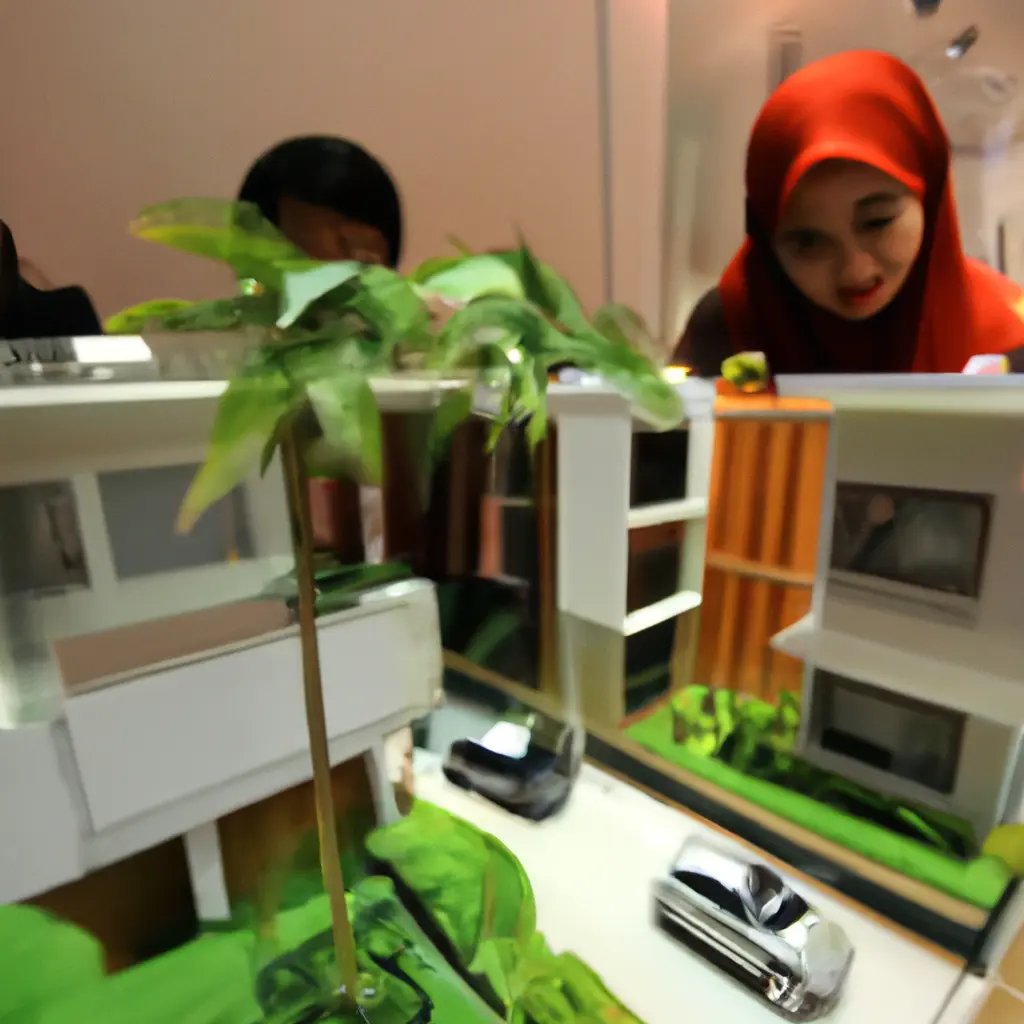Real estate contributes 14.63% to Indonesia's GDP, real estate to support the country's economic growth

The real estate, real estate and construction sectors contributed to the national gross domestic product (GDP) at 14.63 percent in 2022, according to the LPEM Research Institute of the Faculty of Economics and Business at the University of Indonesia. The study found that the three sectors together generated about Rp 2.865 trillion ($ 191.9 million) of GDP last year. In 2020, these sectors accounted for 16.3 percent of the national GDP, which is about 2.516 trillion rupees. Between 2018 and 2022, these sectors, together with their multiplier effects, generated about Rp 185 trillion in tax revenue to the central government every year. "This means that these sectors contribute about 9.26 percent to the state budget on average," said LPEM researcher Uka Wicarya at a conference in Jakarta on Monday.
The real estate, real estate and housing sectors are a boon to local governments across the archipelago. The local revenue generated from taxes in these sectors amounted to Rp 464.7 trillion in 2018-2022. This amounts to about Rp92.9 trillion per year or about 31.86 percent of local revenue for local governments.
In 2022, these three sectors created new jobs for 13.8 million people, about 9.61 percent of the national labor force. At the end of last year, 9.54 percent of Indonesia's population lived below the poverty line.
Uka told reporters that the projected contribution to GDP for this year would depend on the growth of both the economy and the real estate industry. "If the real estate sector grows faster than the national economy, its contribution to the national GDP will exceed 14.63 percent. But for this to happen, we need to penetrate a bigger market so that end consumers can buy homes at a more affordable price," Uka said. "And that requires incentives, including subsidies, to lower production costs and provide more affordable housing."
Budiarsa Sastravinata
Budiarsa Sastrawinata, head of the integrated real estate department at the Indonesian Chamber of Commerce and Industry (Kadin), said he is optimistic about the sector's growth in 2023. "The housing industry overlaps with 183 other sectors. If we focus only on housing, especially for the middle class, 100 percent of the products in this industry are domestically produced. None of them are imported. So if the housing sector is moving, so are all other sectors in the country," Budiarsa said.
Tags
We will find property for you
- 🔸 Reliable new buildings and ready-made apartments
- 🔸 Without commissions and intermediaries
- 🔸 Online display and remote transaction
Our managers will help you choose a property
Liliya
International Real Estate Consultant

Subscribe to the newsletter from Hatamatata.com!
Subscribe to the newsletter from Hatamatata.com!
Popular Posts
We will find property for you
- 🔸 Reliable new buildings and ready-made apartments
- 🔸 Without commissions and intermediaries
- 🔸 Online display and remote transaction
Our managers will help you choose a property
Liliya
International Real Estate Consultant

Subscribe to the newsletter from Hatamatata.com!
Subscribe to the newsletter from Hatamatata.com!
I agree to the processing of personal data and confidentiality rules of Hatamatata
Need advice on your situation?
Get a free consultation on purchasing real estate overseas. We’ll discuss your goals, suggest the best strategies and countries, and explain how to complete the purchase step by step. You’ll get clear answers to all your questions about buying, investing, and relocating abroad.


Irina Nikolaeva
Sales Director, HataMatata
